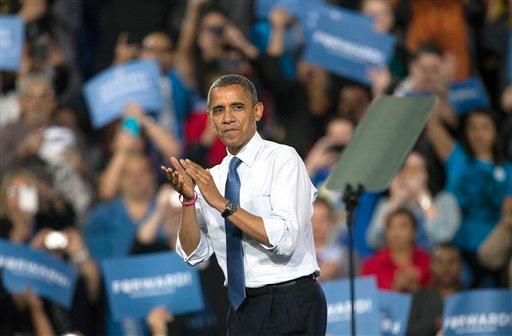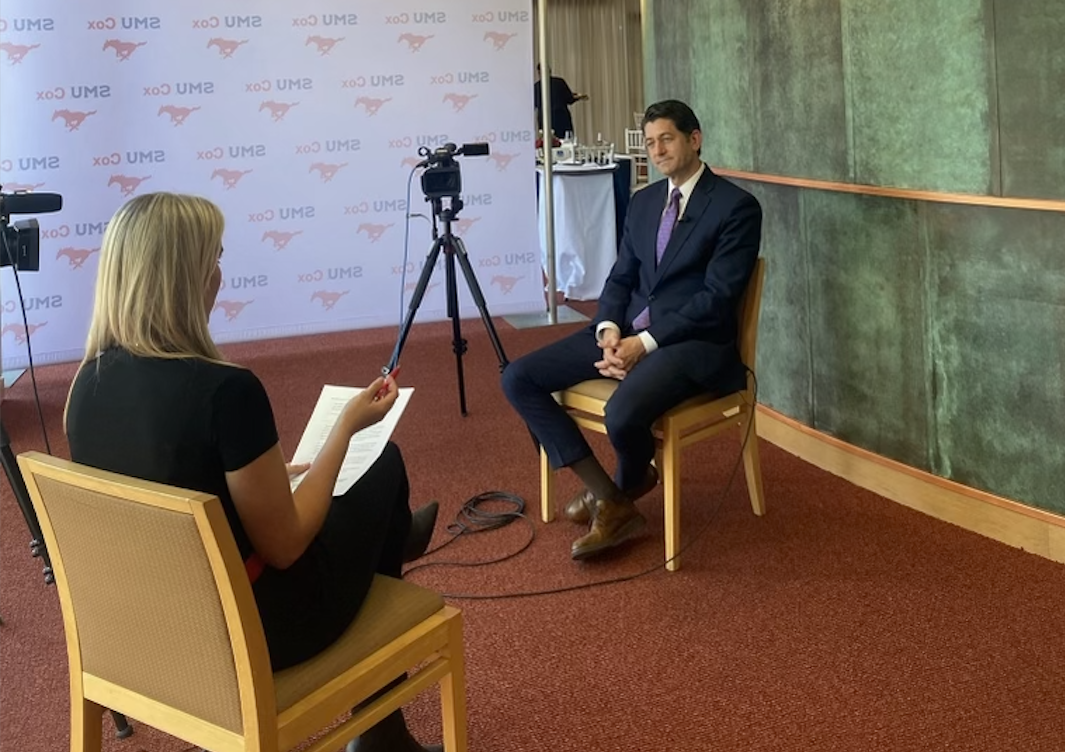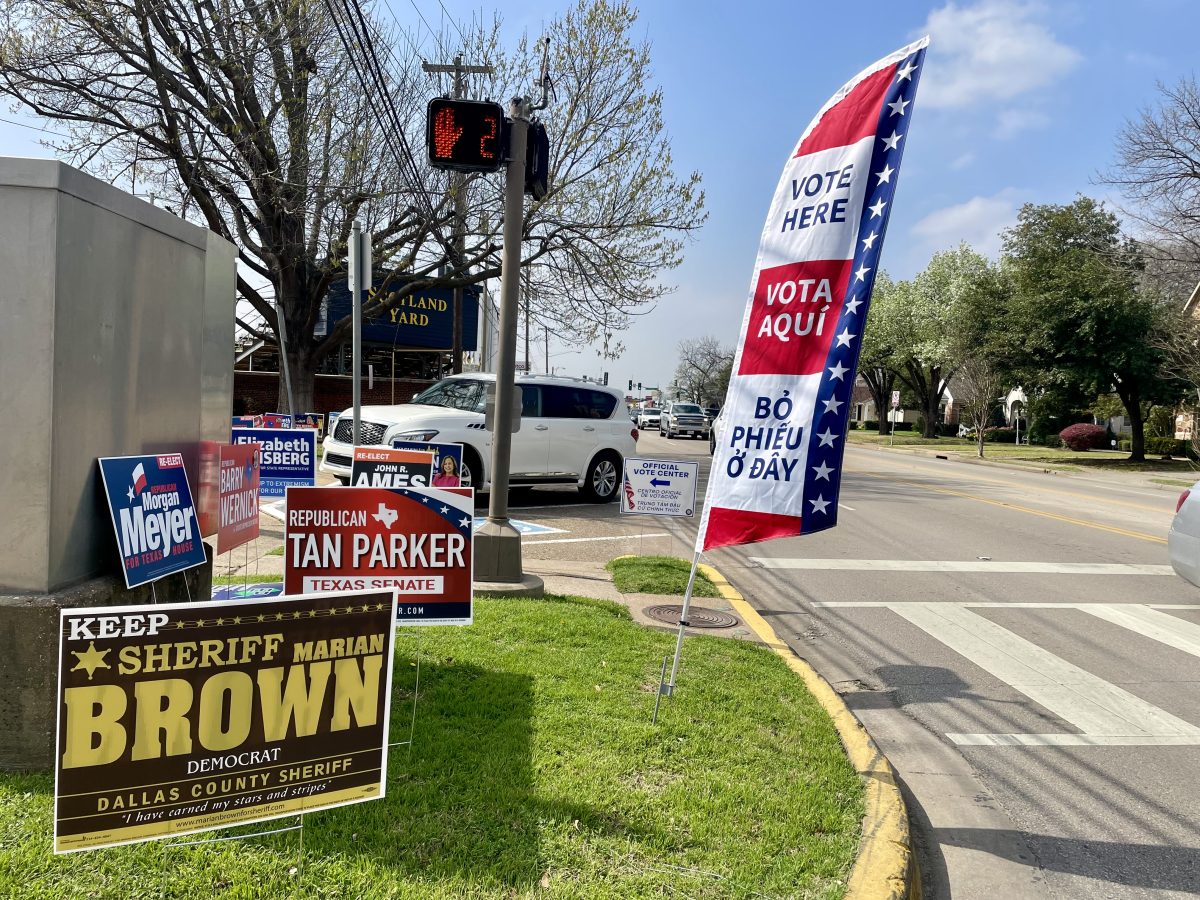
President Barack Obama applauds with the crowd after speaking at a campaign rally, Oct. 24, in Las Vegas. The president is on a two-day tour of key battleground states that included stops in Iowa and Colorado on Wednesday and was scheduled to head to Florida, Virginia and Ohio on Thursday (AP)
As the most expensive presidential election comes to an end, President Barack Obama and Gov. Mitt Romney are zeroing in on the states that are still up for grabs.
Their focus is on the battleground, or swing states, which are worth 95 of the 270 electoral votes needed to win the election.
North Carolina, Colorado, Ohio and Wisconsin are some states that will be facing a whirlwind of last minute speeches and campaign ads that are enough to overwhelm a nation.
Obama, who is fighting to stay in office four years after his historic victory, is focusing on the Midwestern states that won him the election last time. Romney, who’s in his second run for the presidency is trying to secure critical states like Florida and Virginia in the closing days. But will all this campaigning make a difference in the outcome?
North Carolina
In 2008, Obama was the first Democrat to win North Carolina since Carter in 1976, but this year the state is proving to be much more of a challenge for Obama than it was four years ago.
Catherine Worth, a SMU political science major and a native of North Carolina, believes that her state will vote Republican because it traditionally has in the past. According to Politico, this may very well be the case as Romney leads with 49.8 percent and Obama falls short with 46 percent in the polls.
Worth notes that her state is “for the most part rural, with ‘old money’ in the cities, and several military bases which all skew Republican.”
Worth also said she thinks North Carolina will choose Romney because “young voters are much less excited about Obama than they were in 2008.” She said that the North Carolina economy is hurting and that the Republican voters were not as fired up about McCain in 2008 as they are about Romney now.
Florida
The Sunshine State was at the center of the controversial 2000 election, when George W. Bush beat Al Gore by only a few hundred votes and a recount was called. Florida’s northern half tends to be quite conservative, but is interspersed with heavily Democratic cities like Miami.
Florida native and journalism major at SMU, Billy Embody doesn’t think anything like what happened in 2000 will happen again. Embody has been following the 2012 campaign closely by monitoring a few news sites each day to stay up to date on the election, and said he believes that Romney will win Florida.
As for the popular vote, he said Romney will be the winner because Romney, “has made the best connection with the elderly, has swung enough of the minority vote to his side and will bring Florida the best chance to get back to being a successful state.”
All those things will be pertinent to do to win this state, as it has a high percentage of Latinos and senior citizens, for which issues like immigration, Medicare and social security are important. Currently, Romney is leading this state in the polls by 0.3 percent.
Virginia
Unlike Worth and Embody, Ginna Wilbanks, from Virginia, believes President Obama might win her state this year because he won it in 2008. It and North Carolina were the only two southern states – other than Florida – to vote for Obama in the last election.
Over the past 50 years, Virginia generally favored the Republican candidate and now Romney is leading the state by just 0.5 percent, according to RealClearPolitics.com.
“It was a shock when Obama won Virginia’s vote in the 2008 election,” Wilbanks said.
She believes that since 2008, Virginia has shifted slightly back towards the right, but it is just too close to tell right now who will end up being the victor of her state.
Colorado
Since the 1972 election, the state of Colorado has voted for the winning candidate in every election except for two. Colorado has only voted for the Democratic representative twice, however in recent years they have become friendlier toward the Democratic candidates.
Registered Republican and Colorado citizen, Evan Carter, is guarded about which candidate she thinks will win her state.
Polls currently have Romney and Obama tied in Colorado with both at 47.8 percent. At this point in time, Carter has no idea who will win her state because the numbers are so close.
“One day Obama is winning and the next day Romney is,” Carter said.
Wisconsin
Wisconsin has been a reliably blue state for the better part of 30 years. However, recently it has shown a willingness to turn red despite Obama’s 15 percent lead in the polls, according to Politico.
“I’m going to vote for Romney. I know I’m kind of going against the stereotypical grain, especially where I go to school,” Matt Zeesmer, a senior from Wisconsin, said. “There just been so many things that have happened in the last four years that there hasn’t been that much change. You can tell there’s a lot less enthusiasm. Obama wasn’t all he was cracked up to be.”
Misbah Palla agreed with the lack of enthusiasm, and said she would vote for independent runner Jill Stein, but feels like it would be a waste of a vote. Instead she’s settling for Obama.
“I feel like it’s kind of the only option,” she said. “I completely understand the fiscal reasons that people would want to vote Republican right now. But I feel like if someone is voting for Romney solely because of his fiscal stand point and ignoring all of his social standings – I feel like that is a really dumb way to vote.”
New Hampshire
New Hampshire is becoming steadily more Democratic in the recent years partly because of liberal migrants from neighboring states that are moving there. It also has a large number of independent voters that are fiscally conservative, but more liberal on the social issues.
“In the circles that I’m kind of in I would say [New Hampshire is more conservative], but there is tons of influence coming from all around,” Bryce Johnson, a SMU student from who is from this swing state, said.
Johnson believes that the state will continue to be Republican, despite recent polls that show Obama in the lead.
“I think if Obama were to win New Hampshire it would be pretty big,” Johnson said. ” If Obama were to win New Hampshire I think it would state a trend to him actually winning the election, which I would not be happy with.”
Iowa
Iowa is a true swing state, with the east part of the state leaning more Democratic and the west more Republican. Obama is leading in the polls by just 2 percent, however Iowa has a large percentage of white and rural voters – characteristics that usually benefit the republicans.
Rebecca Reay, who lives in the city of Des Moines, said that younger voters seem to be leaning more towards Obama while older voters are for Romney.
“I think that the youth is more focused on the social issues right now,” she said. “All the adults and everyone else wants to see an economic change in our country and so they’re leaning towards Romney because they want to see that change.”
Reay said another big factor toward the uncertainty in her area has to do with the Des Moines Register endorsing Romney.
“Before the Des Moines Register endorsed Romney, I would have said Obama for sure,” she said. “But now it could go either way, honestly.”
Ohio
Ohio is considered to be one of the most important swing states in the election. This state wil
l give 18 electoral votes to its winner. Currently Obama is leading in this Ohio, which may partly be because of the president’s support of the bailout of the country’s car industry. For Romney, this state is essential. No Republican candidate has ever won the election without winning Ohio.
But that may not happen according to Ohio State University junior Balpreet Kaur.
“I just don’t connect to Mitt Romney, even on a personal level,” she said. “I’ve never gotten that caring vibe from Mitt Romney. I’ve tried listening to him. I’ve tried being as unbiased as I can possibly be, but he never seems to connect with me and my family’s story. I don’t think he gets it.”
But in the end, the state may go either way, Kaur said. It all depends on who goes out and votes.

















